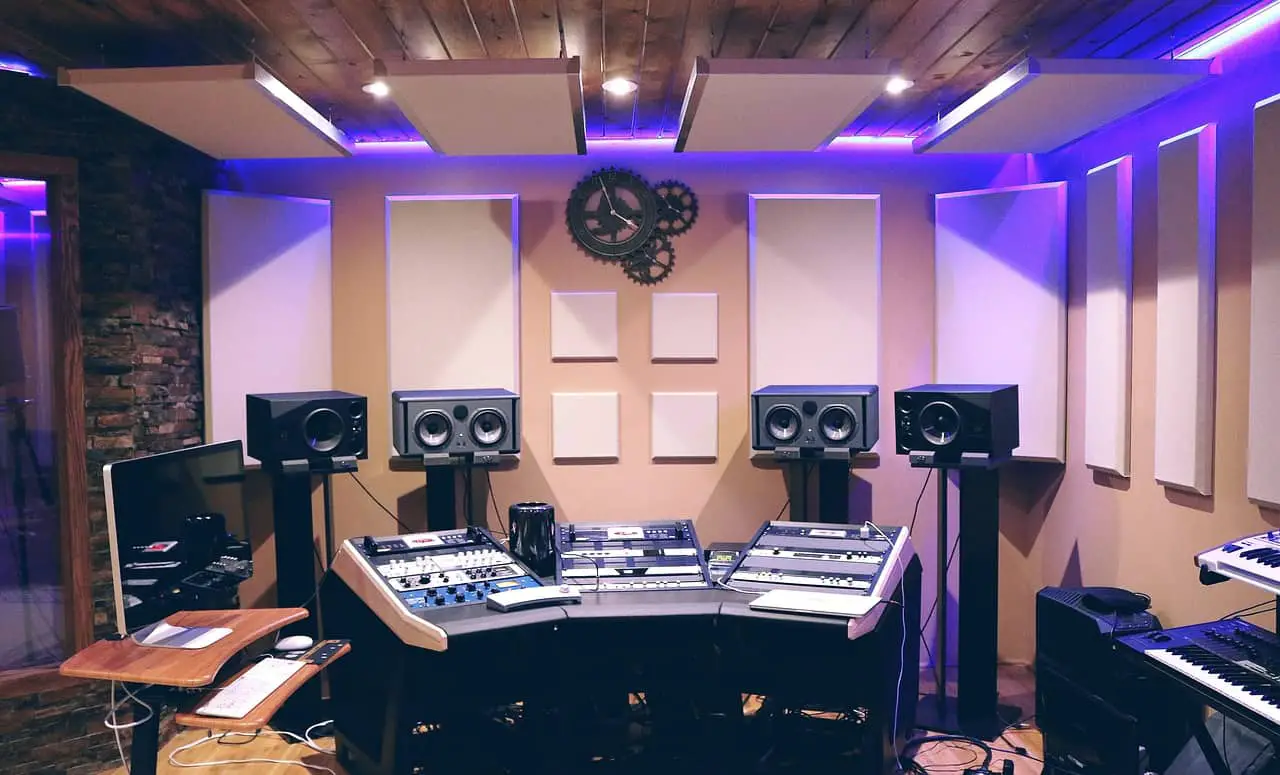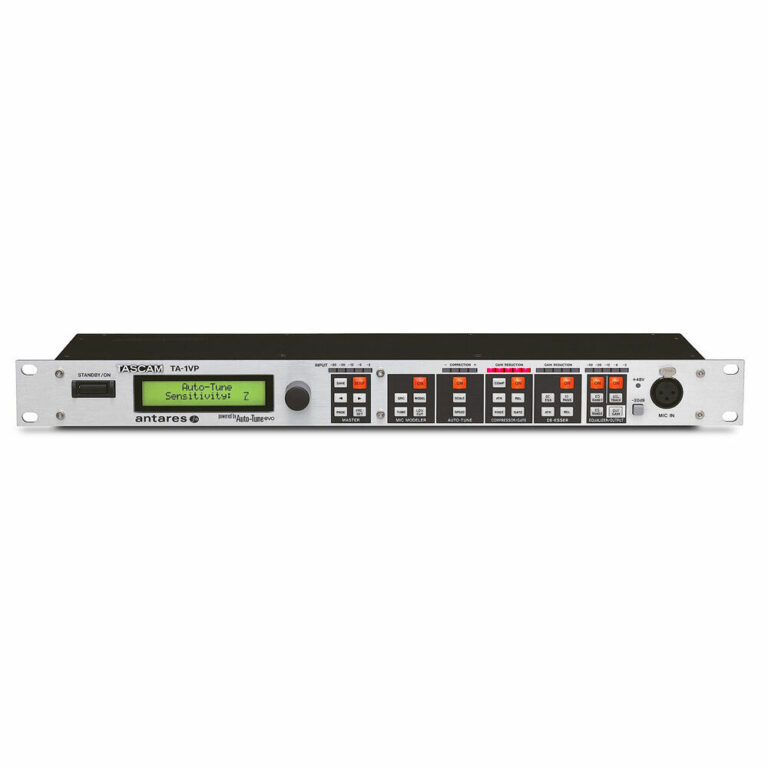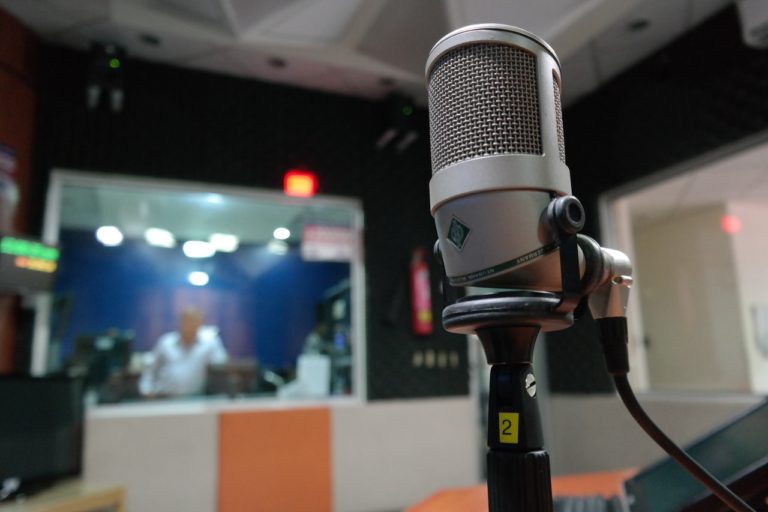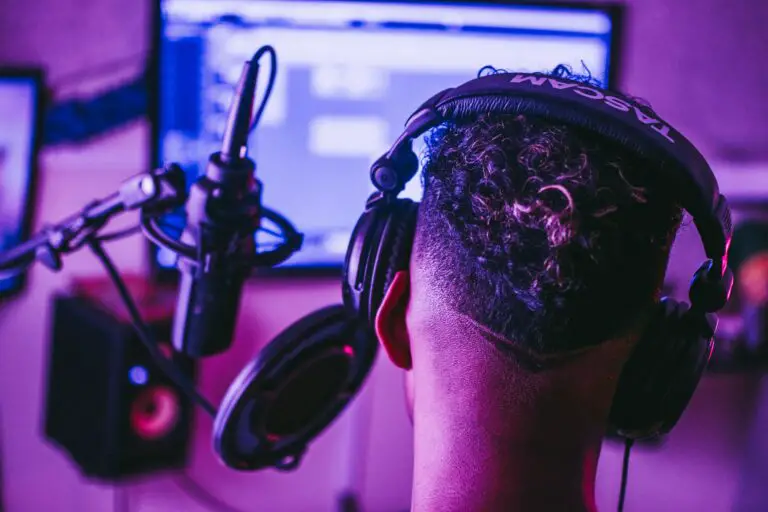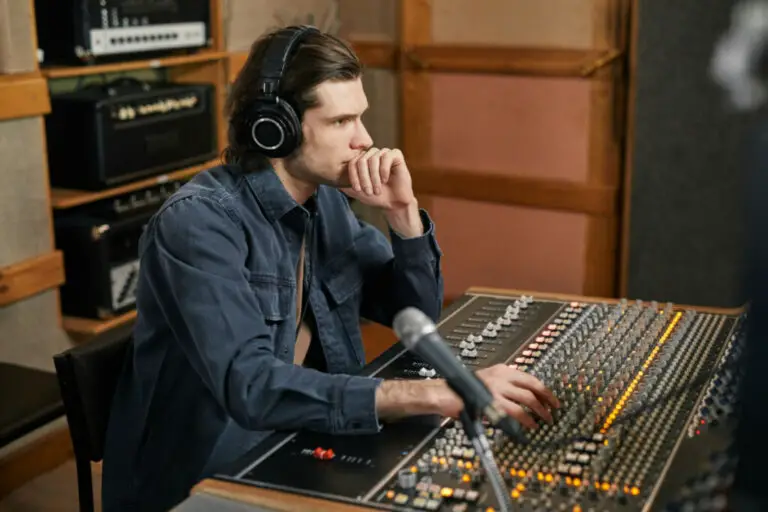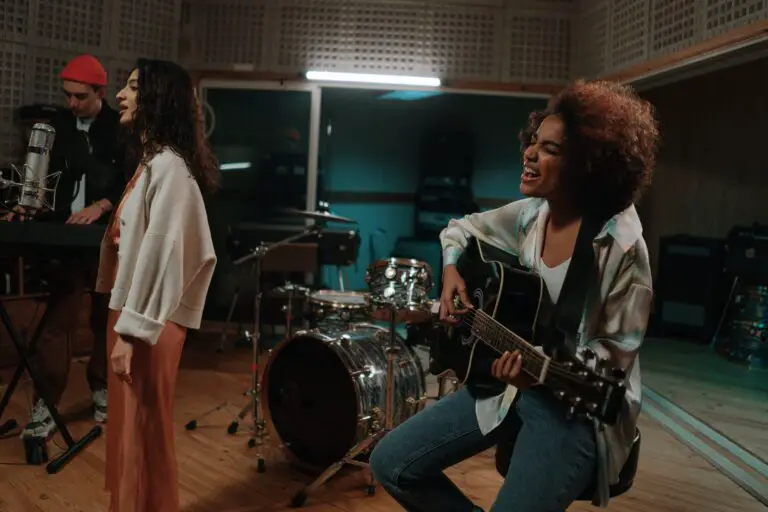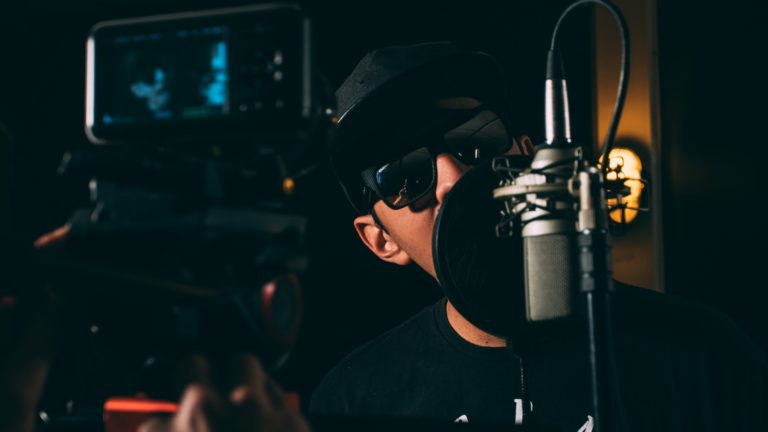How Long Does It Take To Record An Album?
Recording an album is an exciting time in any musical group or solo artist’s career. However, it’s no walk in the park and requires a lot of work by many professionals. But, how long does it take to record an album with these countless professionals at your disposal?
On average, recording an album takes anywhere from a few months to several years. This process includes planning, recording, mastering, and scheduling.
This article will discuss how long it generally takes to record an album. So, keep reading! We have everything you need to know about how long it takes, on average, to record a music album.
The Three Stages of Recording An Album
The process is broken down into three stages when artists begin to record an album. These stages include composition, recording, and mastering.
Breaking down your recording process into these stages helps you create a schedule. You can better set up plans if you know what to expect generally.
For example, you can schedule an album release. Before the release date, you can release individual songs (singles) to drive hype for your album.
Below, you’ll find out more about the breakdown of each stage:
Stage one – composition and songwriting – A few weeks to several years
Composing a song involves writing the lyrics and instruments. Because this is the most detailed area of the creative vision, there’s no defined step-by-step process to follow.
There’s no defined way to create these artistic masterpieces. Even the most experienced artists don’t have completely different creative processes.
Chinese Democracy by Axl Rose, for example, took around eight years to write and record. Alternatively, Bringing It Back by Bob Dylan was recorded in 3 days.
While these situations were unique and affected by varying degrees of “development hell,” it presents the idea that no album’s creation process is like another.
For another perspective on creativity, look at two famous authors: George R. R. Martin and Steven King. Below, you’ll see an interview where George asks, “how do you write so fast.”
The process of creative writing (both lyrics and instruments) differs for everyone. However, if you want to reduce your development time for writing, it’s crucial to be consistent.
Continue to write and stick with ideas that stand out as truly compelling. The more you work, the better you’ll be in the first stage of this creative process.
Stage two – Recording the album – A few weeks
Once the creative process is out, you can record the album. The recording process is after the hard work of development. So, if everything works out, this step is generally more accessible.
Generally, artists choose a specific studio that they would like to work with, possibly one they’ve used in the past. The bulk of the studio time comes down to the musician, as when they begin to record, a lot of time may go into tweaking the sound, changing lyrics, and ensuring that the music sounds the way you like.
But, you might find the sound in the studio doesn’t match what’s in your head. You might also find a better sound, causing you to tweak your music at the last minute.
This is where things can get tricky.
If you rent a physical studio, you won’t have the luxury of tweaking the sound to make it perfect. You are given a few days or months, costing more as you take more time.
If you have a home studio, you can take your time and tweak the sound at your leisure. This way, you can take more time to “perfect things.” Home studios might not have the same sound quality as working with studio professionals.
You might not have the time if a release schedule limits you.
Recording times might also vary depending on your genre and song length.
Classical music and Jazz artists spend much less time in the studio when compared to rock bands. Miles Davis, a well-known Blues artist, could record an entire album in just two days, whereas rock bands depend more on multi-tracking, so they generally take much longer.
How you record might also impact your total recording time.
For example, some artists like to separate the guitar and vocal tracks. Others like to record the instruments simultaneously, creating more of a “live music” experience.
Other musicians, like hip-hop artists, spend less time on vocal recordings. Instead, they might spend more time inserting manufactured sounds. These groups might also spend more time mixing their music.
Regardless, you might be tempted to combine steps one and two. While recording and producing can help you better understand the sound, developing a defined process is essential (even with more experimental music).
Step three – Mixing and mastering – Several days to a few weeks
Audio engineers come together for the final stage of mixing and mastering recording. Before coming to a finished product, it needs to be refined through audio editing.
When you rent out a studio, you have the option to hire sound engineers. The local studio managers can help you make a 10-hour studio session more productive.
The studio manager can help you release a more robust product. Mixing contributes to audio balancing, ensuring that each track gets proper representation.
You can also choose to handle the mixing and mastering yourself. However, this requires some experience in audio mixing (and possibly some expensive equipment).
Promoting your album – how it can delay the recording process
Even if a dedicated musician can take a few days to write and record, the promotion process can add extra time. In these cases, delayed satisfaction can be great for building hype for your album.
Part of the promotional process is releasing a single. In this case, you might dedicate specific recording time to your singles.
Part of your studio time can also be spent with fellow band members in different meetings. The studio can be a dedicated space to discuss your music.
Record labels might also handle the promotion of your album for you. In these cases, you can still contribute to the promotion but might find yourself with more time waiting.
Wrap up
The time dramatically differs in how long it takes various artists and performers to record a studio album. If it’s your first album, you can expect to spend up to a month in the studio, ensuring that it’s up to scratch.
If you’re on your second or third album and starting to get it, you may take a few days to weeks to record all of your songs. But, as we have stated throughout this article, various factors will significantly determine the time it takes to record an album.
Different artists, genres of music, production and engineering teams, and even how one records all play a role in the amount of time it will take to record an album.
Album recording FAQs
What is the fastest album ever recorded?
Various artists have gone on the record and said they had recorded an entire album in one day; however, the most famous of these is Back Sabbath, with the iconic Ozzy Osbourne at their helm.
Black Sabbath stated that they recorded their debut album in a single day back in 1969 and then mixed the entire album the following day. Each song was recorded live, and they rarely needed a break or a second run.
What is the longest time it ever took to record an album?
The album which claims the top spot as the one which took the most time to record each song and release to the public was David Axelrod, by none other than David Axelrod.
David began work on the album in May of 1968, and it would not release for 32 years until it finally hit the shelves in the Uk on July 16, 2001. This album holds the Guinness world record for the album that took the longest to record and release.

